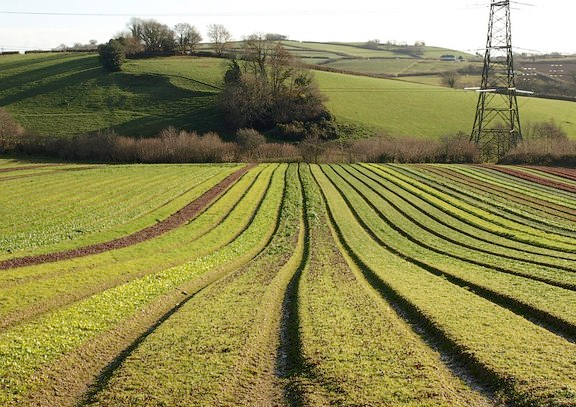
Not enough is being done to unlock the UK's agricultural science base in a world hungry for food according to Conservative MP George Freeman.
The MP told delegates at the Crop Protection Association fringe meeting in Birmingham.
Unveiling the thinking behind a new agri-science strategy to be launched next Spring by the coalition Government, Freeman, life sciences adviser to Science Minister David Willetts and chair of the All-Party Group on Science and Technology in Agriculture, believes Britain must reverse a 20 year decline in applied agricultural research and dispel the myth that environmental sustainability is a barrier to economic growth – in fact the two are inextricably linked.
As Britain looks to trade itself out of a debt crisis, he said access to scientific innovation would be vital not only to support a competitive food and farming sector at home, but also to drive technology-based exports and attract inward investment from emerging global agricultural economies in countries such as Brazil, China and India.
Professor Maurice Moloney of Rothamsted Research agreed that the challenge of feeding a rapidly increasing global population, in the face of a ‘perfect storm’ of rising food prices, climate change and pressure on the world’s natural resources, could not be met without access to innovation and new technology in agriculture.
This would require a shift in EU policy-making, he said, and a new recognition that modern intensive farming and environmental protection can go hand-in-hand as the most effective way to produce more food while conserving enough land to deliver biodiversity and other ecosystem services.
Speaking on behalf of CPA, Dr Julian Little of Bayer CropScience highlighted the damaging inflationary effects of spiralling food prices, and the vital role of technological innovation in keeping food costs down through higher yields and increased production efficiency.
Innovative new chemistry offered smarter solutions, he said, not only in controlling problem weeds and diseases, but also in boosting output - for example by allowing plants to remain greener for longer so promoting photosynthesis in the growing crop.
First generation farmer Robert Law, of Conservation Grade, said rising food prices and the impact of climate change had brought increased recognition of the growing food security crisis. Few people today questioned the need to ramp up production, but the key issue was how to do it.
Law said organic farming would not feed the world, but that GM technology – properly tested and without the current hype and hysteria – offered the potential to increase yields and reduce production costs.
Speaking after the fringe event, CPA communications manager Wendy Gray said: “This discussion has highlighted a growing recognition, among politicians, scientists, farmers and industry, that sustainable intensification in agriculture cannot be delivered without access to the latest advances in science and technology. The crop protection sector is leading a fresh debate about the need to re-think modern intensive agriculture and its role in providing a secure supply of safe, affordable, healthy food.”
